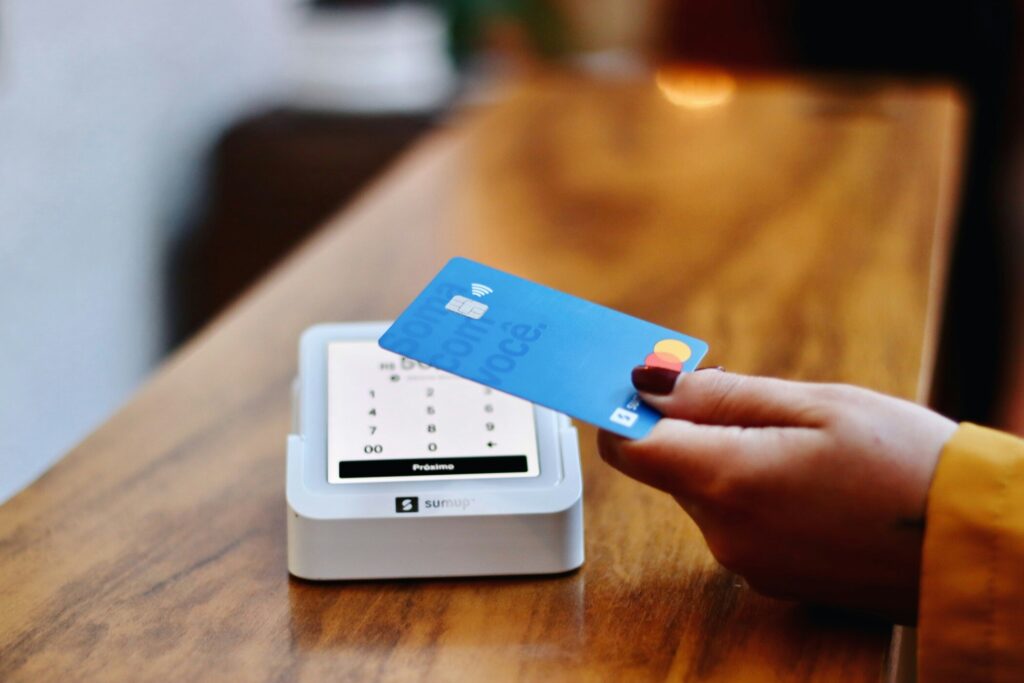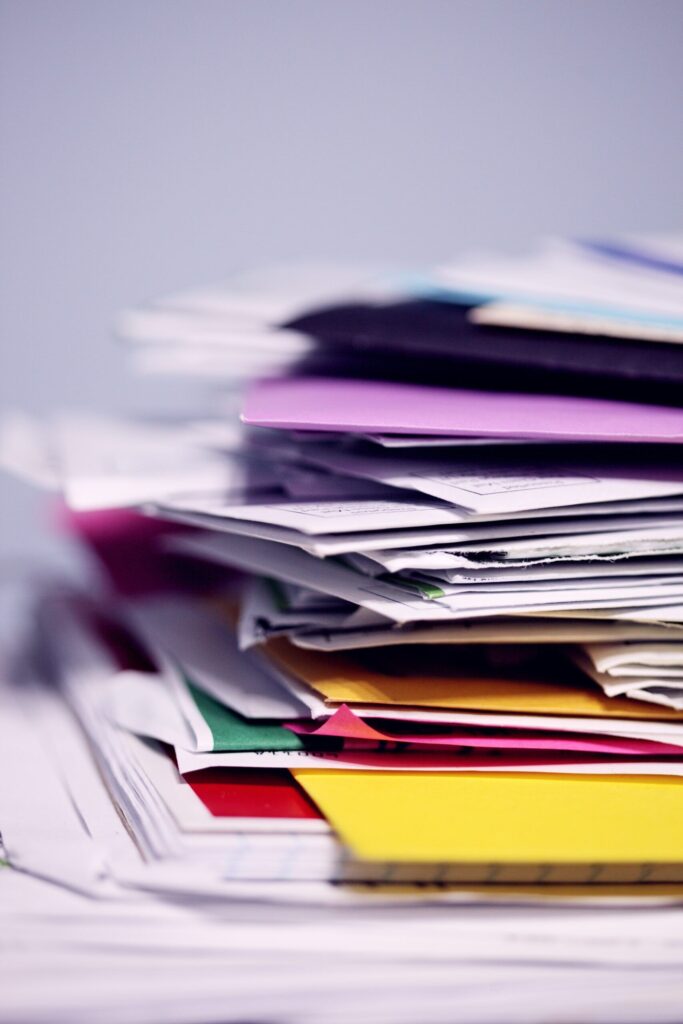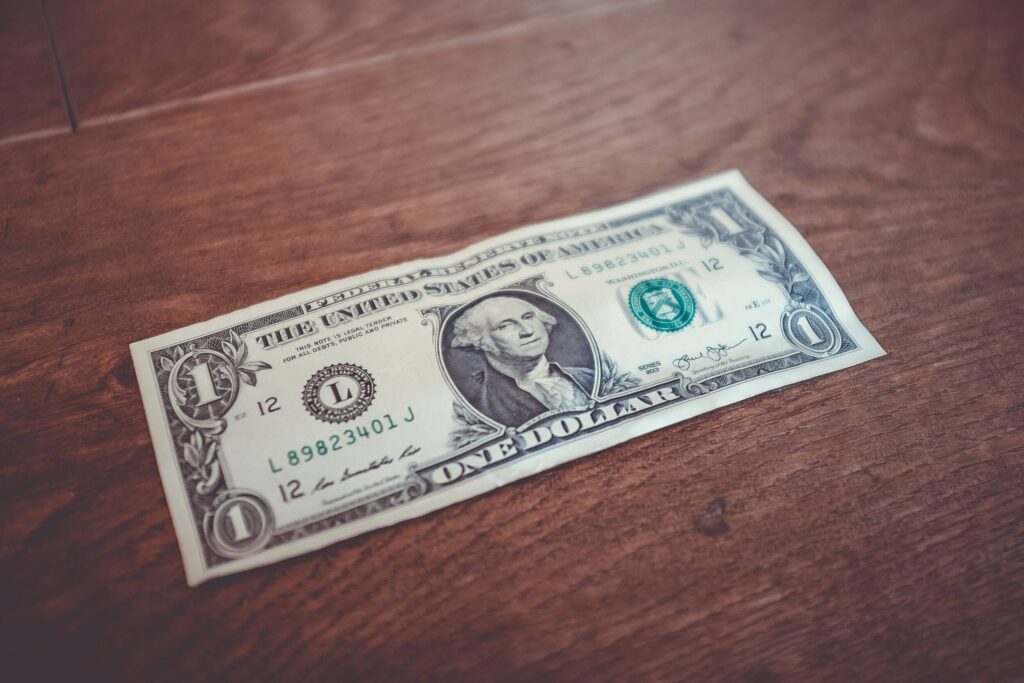Unfortunately in life, financial challenges can come about for any of us. Be it unexpected bills, a life event like a divorce, or a job loss, it is possible for anyone to fall behind on debts. This, in turn, can lead to mental health problems and anxiety. If you are behind on bills or debts, you might be worried about the possibility of your bank or financial institution taking your money if you fail to pay your debts on time. In Canada, the laws and regulations around debt collection are designed to strike a balance between protecting creditors and ensuring debtors are treated fairly. So, can the bank take my money if I fall behind on debts? In this article, we answer this question and share the steps you should take if you find yourself in this scenario.
How do unsecured debts work?
Unsecured debts are debts that you secure without surrendering any collateral against. This includes debts like credit card debts or student loan debts, and often results in a higher interest rate as they cannot rely on seizing collateral if payments are missed. Unlike secured debts, whereby the associated collateral may be seized, this means that your creditor – or bank – may be able to withdraw funds from other accounts you may hold with them. While this varies in the terms of each unsecured loan, if you continue to fail to make your payments on time, your creditor could take various collection methods to reclaim their funds.
Can the bank take my money if I fall behind on debts?
Yes, they can. In fact, most banks and financial institutions will include terms and conditions in their agreements which entitle them to withdraw funds from one account to pay off an overdue debt at the same institution. Say, for instance, you have a chequing account and a personal loan with RBC. Should you miss a loan payment, RBC can transfer money directly from your chequing account to go towards the outstanding personal loan. This can be up to the amount overdue to bring your personal loan current once again. Your bank or institution do not need to let you know in advance that they are going to do this, and they do not need a court order. These terms would have been indicated in the agreement you signed when you first took out the personal loan. Your bank could even reverse one of your regular payments – like a utility bill – and apply the funds towards your debt instead.
Are there limits to what the bank can take?
While it can feel terrifying that a bank can essentially help themselves to your account if you hold debts with them elsewhere, there are some limits to what they can withdraw. Unless they have a court order, they may only withdraw money from your accounts for debts at the same institution, or those owed to the Canada Revenue Agency. This means that other financial institutions or banks that you may owe to cannot call your bank account and request funds. If you are facing signs of financial difficulty, It is a good idea to open an account at a bank where you do not owe money. If you transfer your funds to this new account, the bank will not be able to withdraw from your account. While this is a good short term tactic, you should work on a plan to get yourself out of debt.
What else can banks do to reclaim their money?
While not just applicable to banks, but any creditor you might owe money, a creditor could obtain a court judgment against you for an unsecured debt. This means they could pursue further action against you, including a wage garnishment. A wage garnishment is the process of deducting your paycheque at source via your employer if you fail to make debt payments. While there are limits on the amount that can be garnished, this can still have a significant impact on your finances. They might also choose to freeze your bank account so that you cannot access your funds until the debt is settled. Another action they could pursue is placing a lien against your home, potentially putting your home at risk. If you are being threatened with any of these actions, you should reach out to a Licensed Insolvency Trustee immediately in order to try and prevent them from taking place.
How to stop banks taking your money
While short term tactics like moving your funds away from your bank might help temporarily, banks could take other actions. You will likely experience collection calls and could even face legal action. The best thing to do in this scenario is to speak to a reputable Licensed Insolvency Trustee. The only professionals in Canada legally able to file all forms of debt relief, they are well placed to review your financial circumstances and suggest an appropriate solution. At Spergel, we have been helping Canadians begin a fresh financial future for over thirty years. Unlike other bankruptcy firms, you will be assigned your very own Licensed Insolvency Trustee to walk you through the entire debt relief journey, instead of passing you from person to person. By filing a legal form of debt relief like bankruptcy or a consumer proposal, we can help to permanently stop action from creditors with a stay of proceedings. The sooner you reach out to a Licensed Insolvency Trustee to review your options, the more options that might be available to you.
Further questions on ‘can the bank take my money if I fall behind on debts?’ Book a free consultation with a reputable Licensed Insolvency Trustee at Spergel. We offer free, confidential consultations to any Canadian worried about their financial situations. We will review your circumstances, and help you on the journey to a fresh financial future. Reach out today – you owe it to yourself.



















